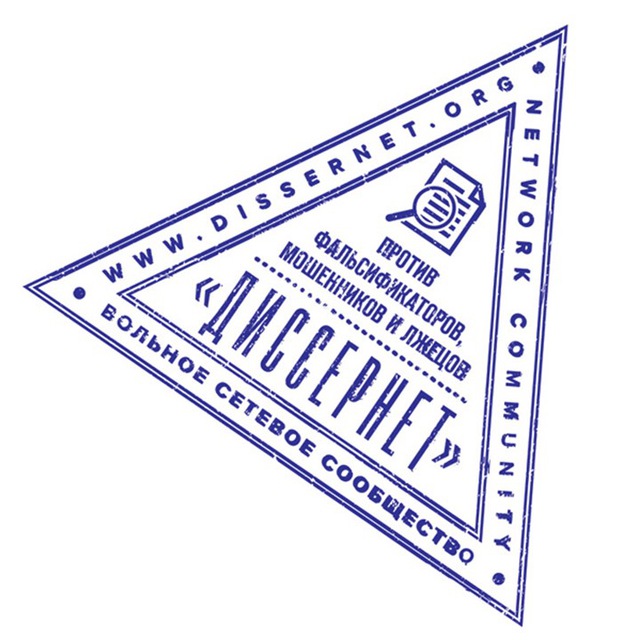Анна Абалкина написала про похищенные журналы на RetractionWatch:
***
Anna Abalkina.
https://retractionwatch.com/2021/05/26/how-hijacked-journals-keep-fooling-one-of-the-worlds-leading-databases/How hijacked journals keep fooling one of the world’s leading databases
It keeps happening.
There was the case of Talent Development and Excellence, which cloned an existing journal and managed to index hundreds of articles in Scopus, one of the world’s leading databases for scholarly literature. The Transylvanian Review did the same thing, and so did Test Engineering and Management.
These journals — which can make millions of dollars for their illegitimate publishers — exploit vulnerabilities in Scopus, owned by Elsevier, by making themselves look close enough to real journals, often exploiting the real ISSN and other metadata of those titles. That, in turn, entices potentially unknowing authors whose careers may depend on publishing in journals in major indexes.
Now into the mix comes Annals of the Romanian Society for Cell Biology. This time, the tip-off, discovered by Russian scholar Dmitry Dubrovsky, was almost unbelievable: an article about the Great Patriotic War — the Soviet resistance to Germany’s 1941 invasion — in a journal specializing in biochemistry, genetics, and molecular biology.
That motivated us to analyze the journal’s website and led to other tell-tale discoveries. First, the domain was registered anonymously in October 2020, even though the original journal was active for many years and had been covered by Scopus since 2009. Second, the legitimate journal (ISSN 1583-6258) according to the ISSN portal is published only in the print form. This is very typical to hijack journals without official homepages.
Third, this journal promises to publish a paper within 30 days after completion of the payment. Hijacked journals usually don’t provide any peer-review, and guarantee fast publication. Finally, hijacked journals don’t normally reproduce the archives of authentic journals and recycle already published texts or leave a fictitious paywall to access the archive. In this hijacked journal, instead of older volumes, you can read this message: “Kindly Mail to the Journal to Access These Contents”.
The authentic journal’s data was also compromised in Scopus, with a link to the clone. The content of the hijacked journal has also penetrated Scopus: As of the middle of this month, Scopus has already indexed nearly 3,200 articles from the hijacked journal in 2021, although in the previous five years fewer than 100 per year were indexed. Such a great number of publications in just several months suggests very aggressive marketing and presumably involvement of national broker companies which offer fast publication in international journals.
Authors in this clone journal originate mainly from developing countries: India, Uzbekistan, and Iraq.
Number of papers in Annals of the RSCB by country in 2021
Hijacked journals contaminate scientific communication. Some of the articles in the hijacked issues of the journal have been cited by legitimate journals, including PLoS One and Journal of Supercomputing, published by Springer Nature.
The volume is a reminder that journal hijacking became a million-dollar business. Annals of the Romanian Society for Cell Biology charges 14700rs ($200USD) per publication, and has already “published” more than 5,000 papers in 2021.
I was not able to find a legitimate publisher of the journal, but when I contacted the previous publisher, Vasile Goldis Western University of Arad, officials confirmed that it doesn’t publish this journal anymore.
























